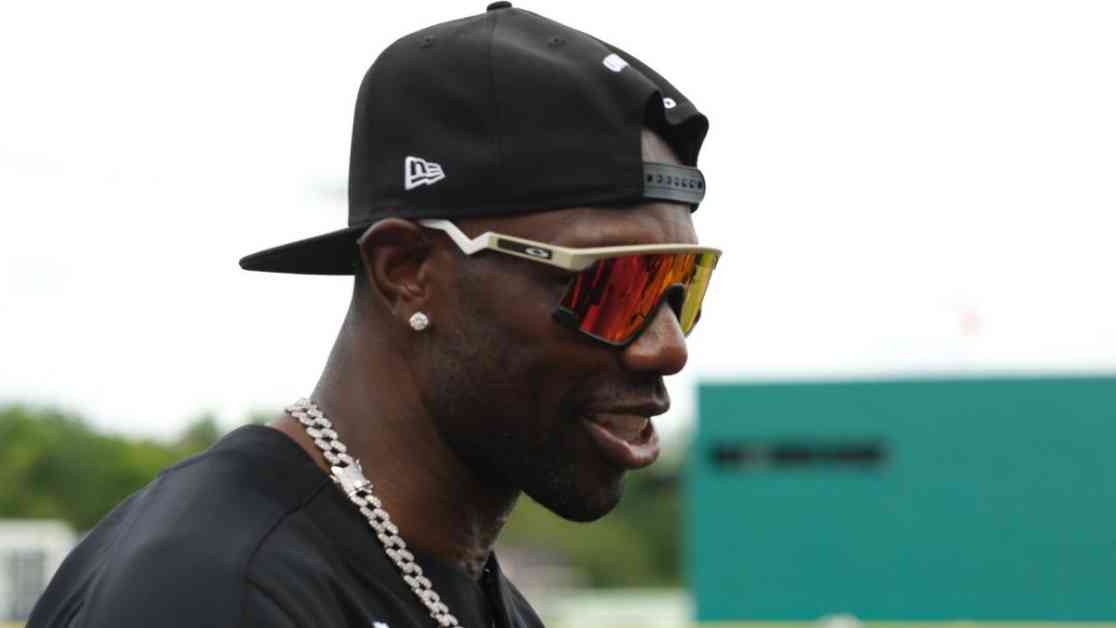During the 2021 season, the Tampa Bay Buccaneers found themselves in need of a veteran wide receiver after Antonio Brown’s unexpected departure. Terrell Owens, a former NFL star, took to social media to express his interest in joining the team for the playoffs. However, Owens recently claimed that Tom Brady disrespected him by ignoring his attempts to reach out for a chance to play.
In an interview on the Bubba Dub Show, Owens revealed that he tried to contact Brady through mutual connections in hopes of securing a spot on the Buccaneers’ roster. Despite his efforts, Owens stated that Brady ignored him completely. Owens expressed his disappointment, emphasizing that the lack of response from Brady demonstrated a lack of respect.
At the time of his outreach, Owens was 48 years old and had been out of the NFL for a decade. His last stint with the Seattle Seahawks during training camp was short-lived, and it was clear that his chances of making a return to professional football were slim. While Owens may have felt that his experience and skills warranted consideration, Brady’s decision to disregard the communication could be attributed to practical reasons.
It is understandable that Brady, as a seasoned quarterback focused on playoff preparation, would prioritize discussions and interactions that directly impacted the team’s performance. In the midst of crucial postseason games, the Buccaneers needed to maintain their focus and cohesion, making it unlikely for Brady to entertain inquiries from individuals who were not viable options for the team.
While Owens’ desire to contribute to the Buccaneers’ success is admirable, it is essential to acknowledge the priorities and dynamics of professional sports teams during intense competition. Brady’s choice to overlook Owens’ request may not have been a deliberate act of disrespect, but rather a strategic decision to allocate time and energy where it was most needed.
Ultimately, the incident sheds light on the complexities of communication and expectations in the realm of professional sports. Owens’ perspective offers insight into the challenges faced by former athletes seeking opportunities for a comeback, while Brady’s actions underscore the balancing act required to navigate team dynamics and performance goals during critical moments.








